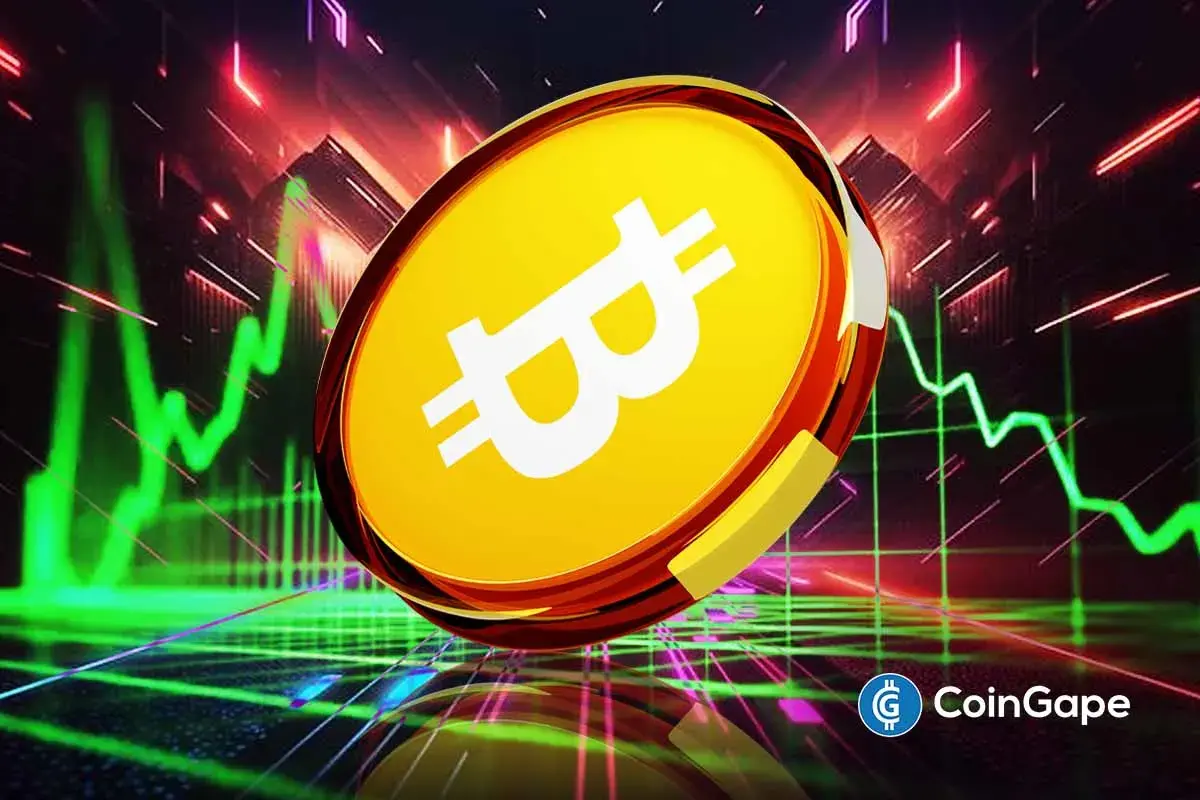US President Biden Enacts TikTok Ban: ByteDance Given One-Year Ultimatum

Highlights
- President Biden signed a bill for ByteDance to sell TikTok within a year.
- TikTok faces a U.S. ban if not sold in 9 months, with a 90-day extension.
- The bill passed the Senate with a 79-18 vote and includes aid for Ukraine and Israel.
US President Joe Biden has signed a law that compels TikTok owner ByteDance, a Chinese corporation, to sell its interest on TikTok within 12 months of the signature. If the social media platform violates the mentioned rules, it will face the risk of a ban from the U.S. As part of a comprehensive legislative package that includes relief for Ukraine and Israel. The Senate made the final cut by 79–18 votes after a weekend demonstration of the powerful vote of the House.
US Bill Proposes TikTok Ban Without Sale
The law includes an additional clause that allows ByteDance nine months to find a buyer for TikTok. An additional 90-day period of time is available upon completion of the transaction. Otherwise, Google Play and the App Store will ban the use of the TikTok app in the United States. This move is part of Huawei’s apprehension about national security and data security, which is connected to its allegiance to China.
TikTok, on the other hand, also opposes the “unconstitutional law,” arguing that it has spent a lot of money on the security and independence of US data from external influences. In its statement, TikTok emphasized that imposing a ban could impact 7 million businesses and 170 million American users by keeping them from freely expressing themselves.
TikTok CEO Fights Back Against US Ban
Responding to the news via a video, the TikTok CEO, Shou Zi Chew, expressed his dissatisfaction and continued to state his commitment to the fight against the ban. This legislative action follows the precedent of another attempt by the House, which was an independent bid to ban TikTok or to force selling the application within six months; the Senate, however, did not move it further. The fact that the TikTok bill was part of a larger legislative package originating from the foreign aid sector might have been one reason for the Senate to push that bill ahead this time.
Our CEO Shou Chew's response to the TikTok ban: pic.twitter.com/l0RAPJMobK
— TikTok Policy (@TikTokPolicy) April 24, 2024
The discussion around TikTok’s influence and economic impact in the U.S. has been significant. Weeks prior, TikTok released an economic impact report, claiming it generated $14.7 billion for small and mid-sized U.S. businesses. The platform has been a key promotional tool for creators and small businesses across the country.
Internationally, TikTok has faced bans in other countries due to geopolitical tensions and security concerns. India, for example, banned TikTok four years ago after a military conflict with China. This set a precedent that has seen other countries such as Senegal, Nepal, Afghanistan, Somalia, and Iran also prohibit the service.
Read Also: Ripple CTO David Schwartz Highlights Liquidity Issues in Ripple Shares
- Bitcoin vs Gold Feb 2026: Which Asset Could Spike Next?
- Top 3 Reasons Why Crypto Market is Down Today (Feb. 22)
- Michael Saylor Hints at Another Strategy BTC Buy as Bitcoin Drops Below $68K
- Expert Says Bitcoin Now in ‘Stage 4’ Bear Market Phase, Warns BTC May Hit 35K to 45K Zone
- Bitcoin Price Today As Bulls Defend $65K–$66K Zone Amid Geopolitics and Tariffs Tensions
- COIN Stock Price Prediction: Will Coinbase Crash or Rally in Feb 2026?
- Shiba Inu Price Feb 2026: Will SHIB Rise Soon?
- Pi Network Price Prediction: How High Can Pi Coin Go?
- Dogecoin Price Prediction Feb 2026: Will DOGE Break $0.20 This month?
- XRP Price Prediction As SBI Introduces Tokenized Bonds With Crypto Rewards
- Ethereum Price Rises After SCOTUS Ruling: Here’s Why a Drop to $1,500 is Possible

















